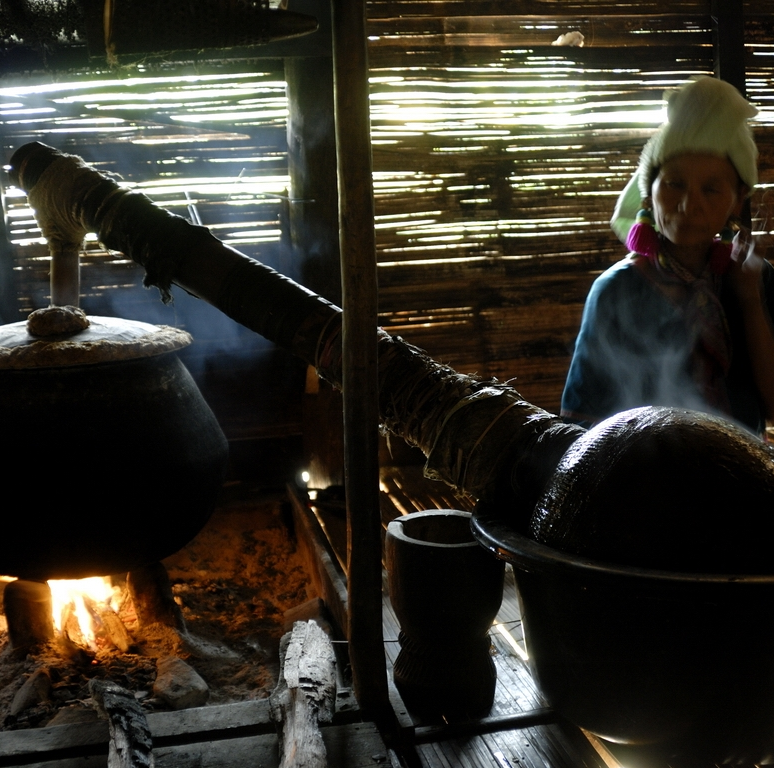‘Oriental Wisdom’ an Alternative Pathway for Global Sustainability
ASEAN offers ‘Oriental Wisdom’ as an alternative pathway to environmental and natural resource management for presentation at the IUCN World Conservation Congress 5-14 October, 2008, in Barcelona, Spain.

Photo: Radda Larpnun, IUCN
Rapid economic growth without proper environmental management has resulted in excessive natural resource use and accelerated degradation of the environment. The Earth’s capacity is limited and we need to seek alternative development approaches which can balance production and consumption. The question is what alternatives are available?
This question was debated at the International workshop ‘Oriental Wisdom: Alternative Pathways towards Environmental and Natural Resource Management held on 11 April in
The workshop was organized by the Good Governance for Social Development and the Environment Institute (GSEI) in collaboration with the IUCN Asia Regional Office and in consultation with the UNEP Regional Office for
‘Oriental Wisdom’ for our common future'
There are many examples of applied local wisdom in national development policies in the Asia-Pacific region, such as Gross National Happiness (GNH) in
“In the case of
These models can play a transformative role if used to inform national, regional and global development strategies.
“The way we manage natural resource depends on our understanding of nature; which is shaped mostly by the cultural and social forces.” says Ms. Aban Marker Kabraji, IUCN Asia, Regional Director in her special lecture ‘Asian Road Map: the Application of Local Wisdom in Environmental and Natural Resource Management’ at the workshop. “The indigenous and traditional people of
“The debate on the future of sustainability facilitated by IUCN has led scientists and thinkers to look at traditional Asian models as alternatives for achieving sustainable development” says Ms. Kabraji.
At the workshop, participants proposed an alternative development model based on oriental wisdom using a house as a metaphor. Spiritual values and morality create the foundation. Appropriate technology and knowledge, community participation, and harmonious institutions are represented by three pillars. Contentment, sustainable development (economic, social and environmental), and conservation of nature and the environment form the roof. The draft proposal prepared at the workshop will be refined before submitting to the IUCN World Conservation Congress in
For more information or to set up interviews, please contact:
Communications Officer, IUCN Asia Regional Office
Tel: +66 2 662 4029 ext. 108, Email: minna@iucnt.org;
Web: https://www.iucn.org/asia
Communications Officer, GSEI
Tel: +66 2 280 1812, Mobile: +66 86 885 7020, Email: gsei_thai@yahoo.com,
Web: http://www.gsei.or.th
About IUCN
IUCN, the International Union for Conservation of Nature, helps the world find pragmatic solutions to our most pressing environment and development challenges. IUCN supports scientific research; manages field projects all over the world; and brings governments, non-government organizations, United Nations agencies, companies and local communities together to develop and implement policy, laws and best practice.
IUCN is the world’s oldest and largest global environmental network. IUCN is a democratic membership union with more than 1,000 government and NGO member organizations, and some 10,000 volunteer scientists in more than 160 countries.
IUCN’s work is supported by 1,100 professional staff in 62 offices and hundreds of partners in public, NGO and private sectors around the world. IUCN’s headquarters are located in Gland, near
More information can be found at www.iucn.org
